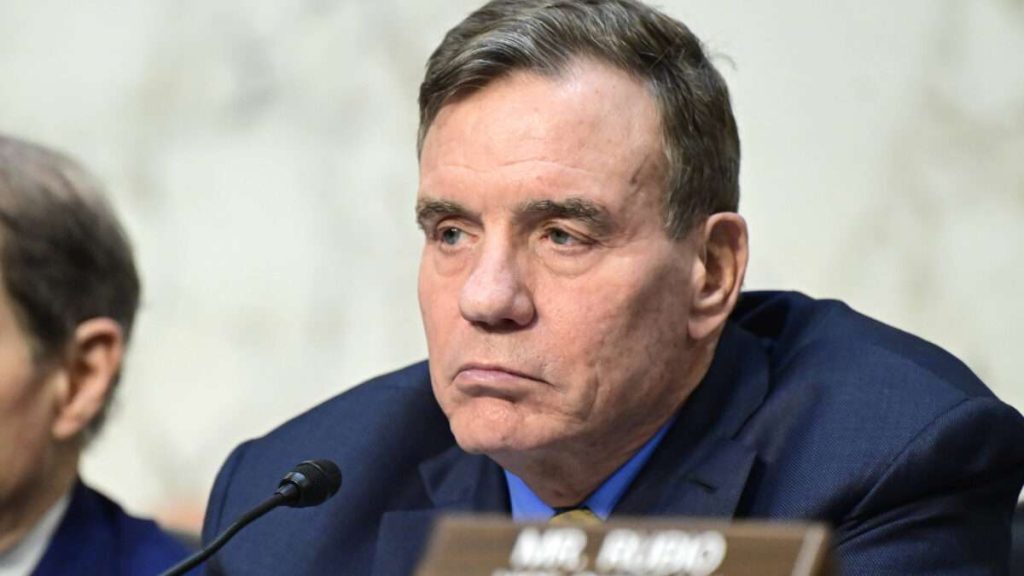Following revelations about the extent of the federal government’s pressure on social media companies to suppress dissenting opinions, the feds broke up with Meta, X (formerly Twitter), and YouTube. Cybersecurity experts now frequently complain about the lack of coordination between the government and the platforms, warning that social media users are vulnerable to misinformation about elections, foreign interference, and other woes.
But the platforms might be receiving late-night “you up?” texts from federal agents once again. Senate Intelligence Committee Chair Mark Warner (D–Va.) told reporters on Monday that communication between the federal government and social media sites is back on, according to Nextgov and The Federalist.
In fact, Warner said these communications had resumed in the midst of oral arguments for Murthy v. Missouri, the Supreme Court case that will decide whether the FBI, the Centers for Disease Control and Prevention (CDC), and the Biden White House had violated the First Amendment when they pushed social media sites to remove disfavored content. The justices seemed at least somewhat skeptical, viewing the government’s actions as mere attempts at persuasion rather than coercion. That skepticism has apparently given the feds the green light, with Warner acknowledging that “there seemed to be a lot of sympathy that the government ought to have at least voluntary communications” with the platforms.
Whether social media companies ever viewed these communications as “voluntary” is an open question. For instance, when then–White House Communications Director Kate Bedingfield suggested tinkering with Section 230—the federal law that protects online platforms from some liability—in order to punish Facebook, CEO Mark Zuckerberg might have wondered whether he had much of a choice but to comply.
In any case, it seems clear that federal agencies will continue to interact with social media companies in ways that trouble many libertarians—until and unless they are explicitly forbidden from doing so.
This Week on Free Media
The Spectator‘s Amber Athey is back to discuss waning liberal anxiety about Donald Trump’s potential return to power, Jen Psaki’s advice for President Joe Biden’s comms team, and South Dakota Gov. Kristi Noem’s doggone media tour.
Worth Watching
Now this is podracing: It’s the 25th anniversary of Star Wars: Episode I — The Phantom Menace, and the much-maligned first prequel film has returned to theaters. This is as good a time as any for me to reiterate my once-controversial, now increasingly accepted opinion that the Star Wars prequels are OK. (It’s truly heretical to say that they are better than the original films; that is my view, though I won’t try to defend it here.) They are certainly way, way better than the new films, which are dull, joyless, and derivative.
The best thing about the prequels is Palpatine’s manipulations, and those only come into full focus later on. Phantom Menace is thus the least appealing of the three, as it’s the one most obviously aimed at children. But there’s nothing wrong with that; I was 9 years old when I first saw the film, and like virtually every other kid at that time, I thought Darth Maul’s appearance and climactic duel with Obi-Wan Kenobi and Qui-Gon Jinn was pretty much the coolest thing I’d ever watched. And it still holds up!
The post The Feds Are Talking to Social Media Companies Again appeared first on Reason.com.







